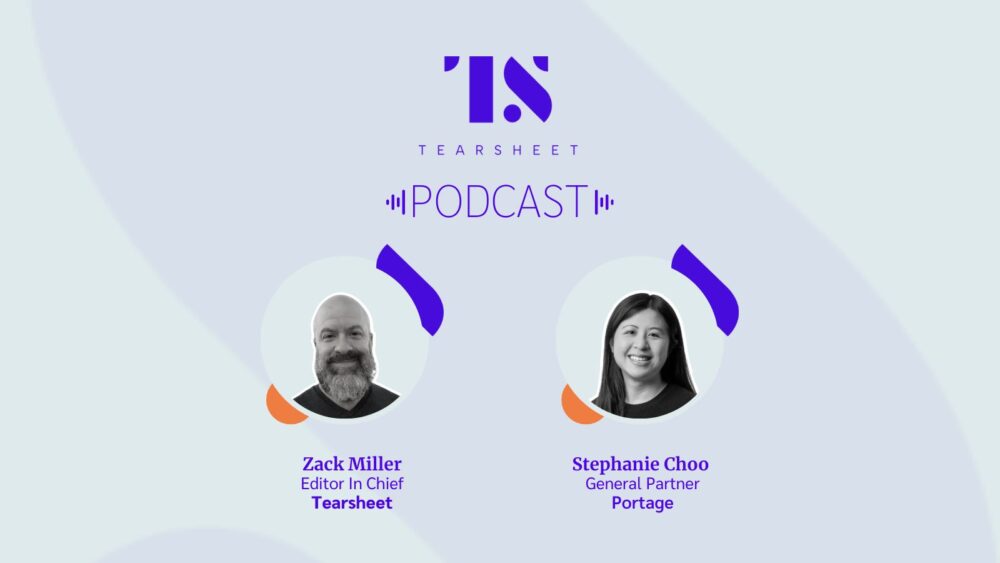Podcasts
Inside Portage’s fintech portfolio and investment theses with Stephanie Choo
- Portage is a fintech fund that invests globally, with early stage and later stage strategies.
- Tearsheet editor Zack Miller interviews Partner Stephanie Choo on the podcast about investing in today's macroeconomic environment.








